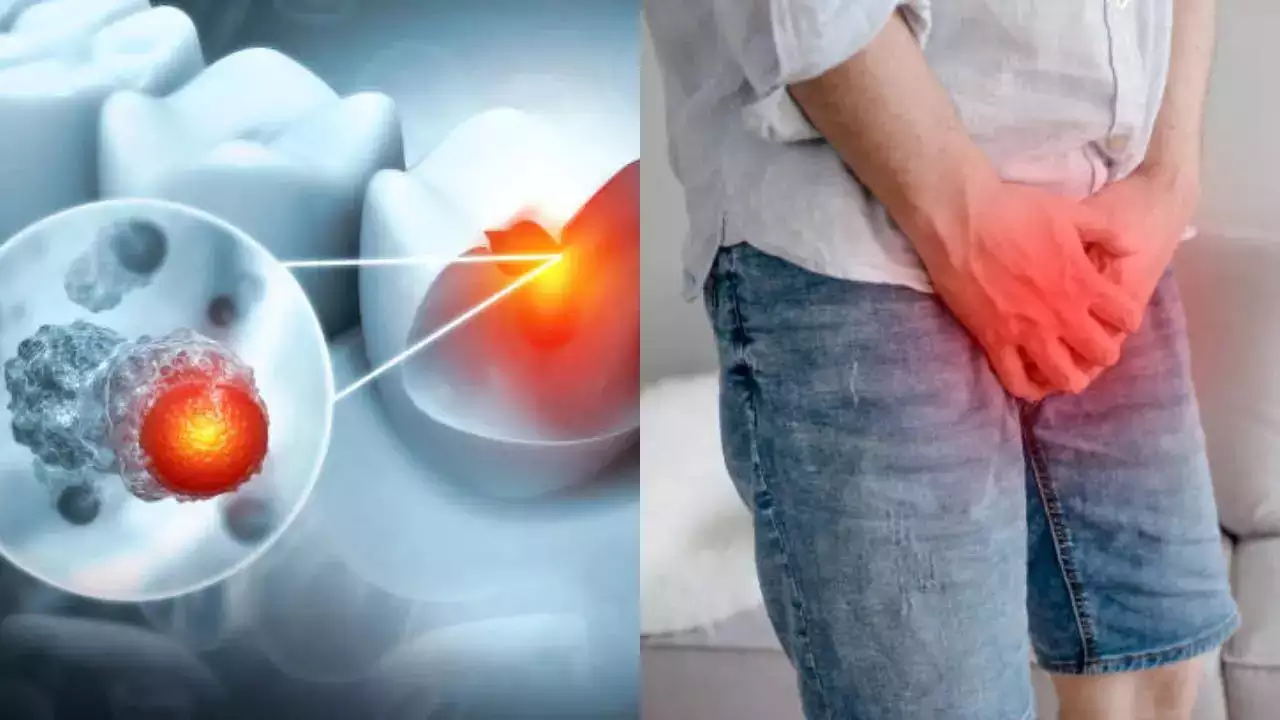Man With Toothache Diagnosed with Prostate Cancer: Here Are The Symptoms You Should Not Ignore
Jan 14, 2025
News

When the treatments do not show positive signs, it may indicate a deeper underlying issue
A 78-year-old otherwise healthy man went to a dentist after a toothache, hoping for a quick treatment. The doctor decided to extract the affected lower left premolar to relieve him of pain. However, instead of getting fixed, the area began to swell.
Within weeks, the entire jaw had swollen, and the man was in tremendous pain. Concerned, he returned for a follow-up, which led to a CT scan revealing a lesion in his jaw. And further detailed investigation confirmed he was suffering from metastatic prostate cancer—a condition in which the cancer spreads to other parts of the body.
Experts say, like many other cancers, prostate cancer can metastasise to the jaw.
Why does prostate cancer spread to the jaw?
According to doctors, it happens as the jawbone, which has a rich blood supply and active bone marrow, makes it a favourable site for metastatic cancer cells to settle and grow. Metastatic prostate cancer is relatively rare in the jaw, but when it does occur, it’s usually a sign that the cancer has spread widely.
Experts say symptoms of jaw metastases can be subtle and often mimic more common dental problems, which can make it harder for dentists to detect more serious underlying conditions.
In many cases, when the treatments do not show positive signs, it may indicate a deeper underlying issue and so it is important to recognise and diagnose jaw metastases before they advance.
What is prostate cancer?
Prostate cancer is the fourth most common cancer worldwide and the most common in men. There were more than 1.4 million new cases of prostate cancer in 2022. The cancer develops in the pro small walnut-shaped gland located below the bladder and in front of the rectum in men. This tiny gland secretes fluid that mixes with semen, keeping sperm healthy for conception and pregnancy.
Prostate cancer is a serious disease. According to experts, most people with prostate cancer get diagnosed before it spreads beyond their prostate gland. Treatment at this stage often eliminates the cancer.
Signs and symptoms of prostate cancer
Even though early-stage prostate cancer rarely causes symptoms, these issues occur as the disease progresses:
- Frequent, sometimes urgent, need to pee, especially at night
- Weak urine flow or flow that starts and stops
- Pain or burning when you pee
- Loss of bladder control
- Loss of bowel control
- Painful ejaculation and erectile dysfunction
- Blood in semen or pee
- Pain in your lower back, hip, or chest
What causes prostate cancer?
Experts are not sure what causes prostate cancer but with cancer in general, prostate cancer forms when cells divide faster than usual. While normal cells eventually die, cancer cells do not. Instead, they multiply and grow into a tumour. As the cells continue to multiply, parts of the tumour can break off and spread to other parts of your body.
Luckily, prostate cancer usually grows slowly and most tumours get diagnosed before the cancer has spread beyond your prostate.
Get Latest News Live on Times Now along with Breaking News and Top Headlines from Health and around the world.



